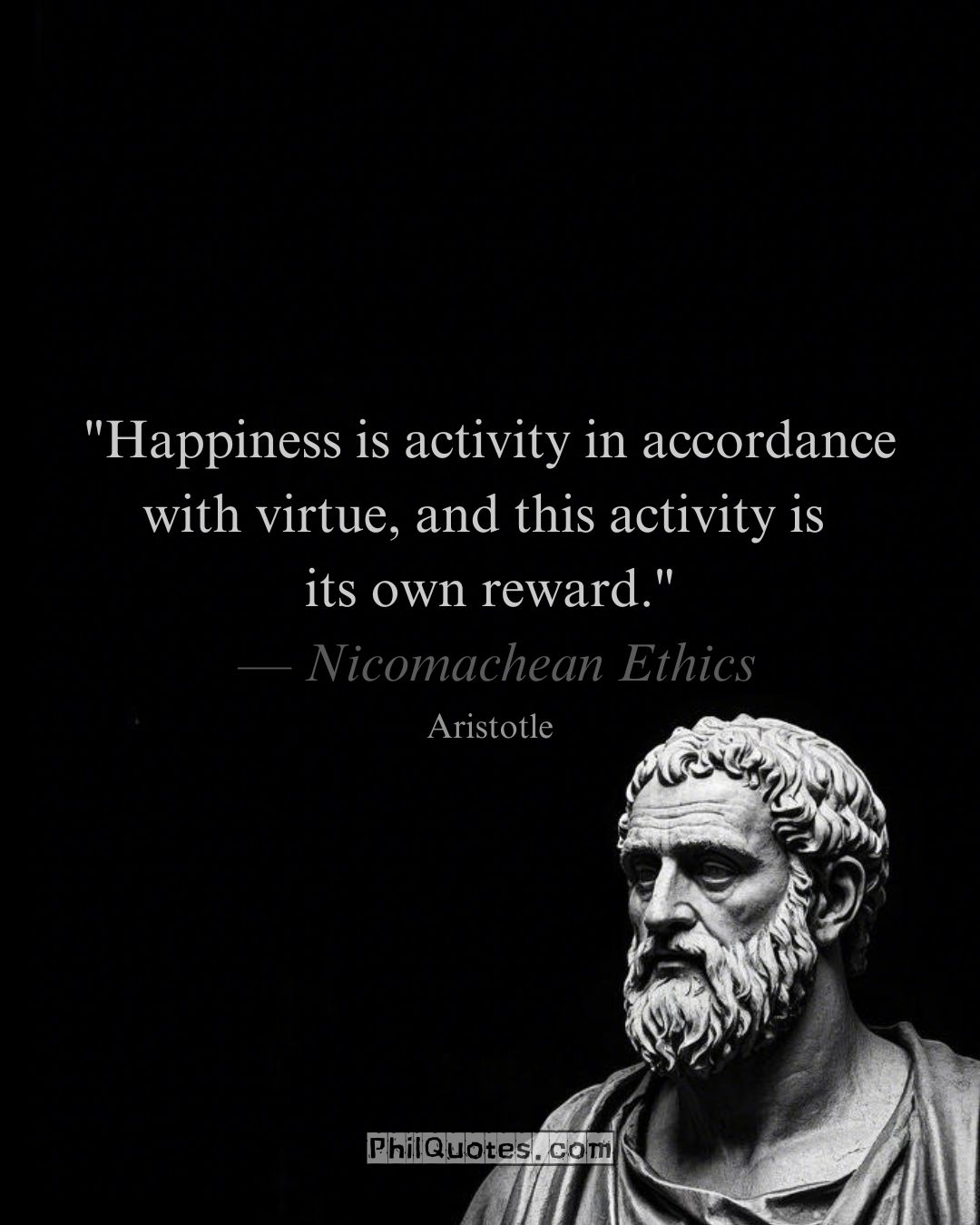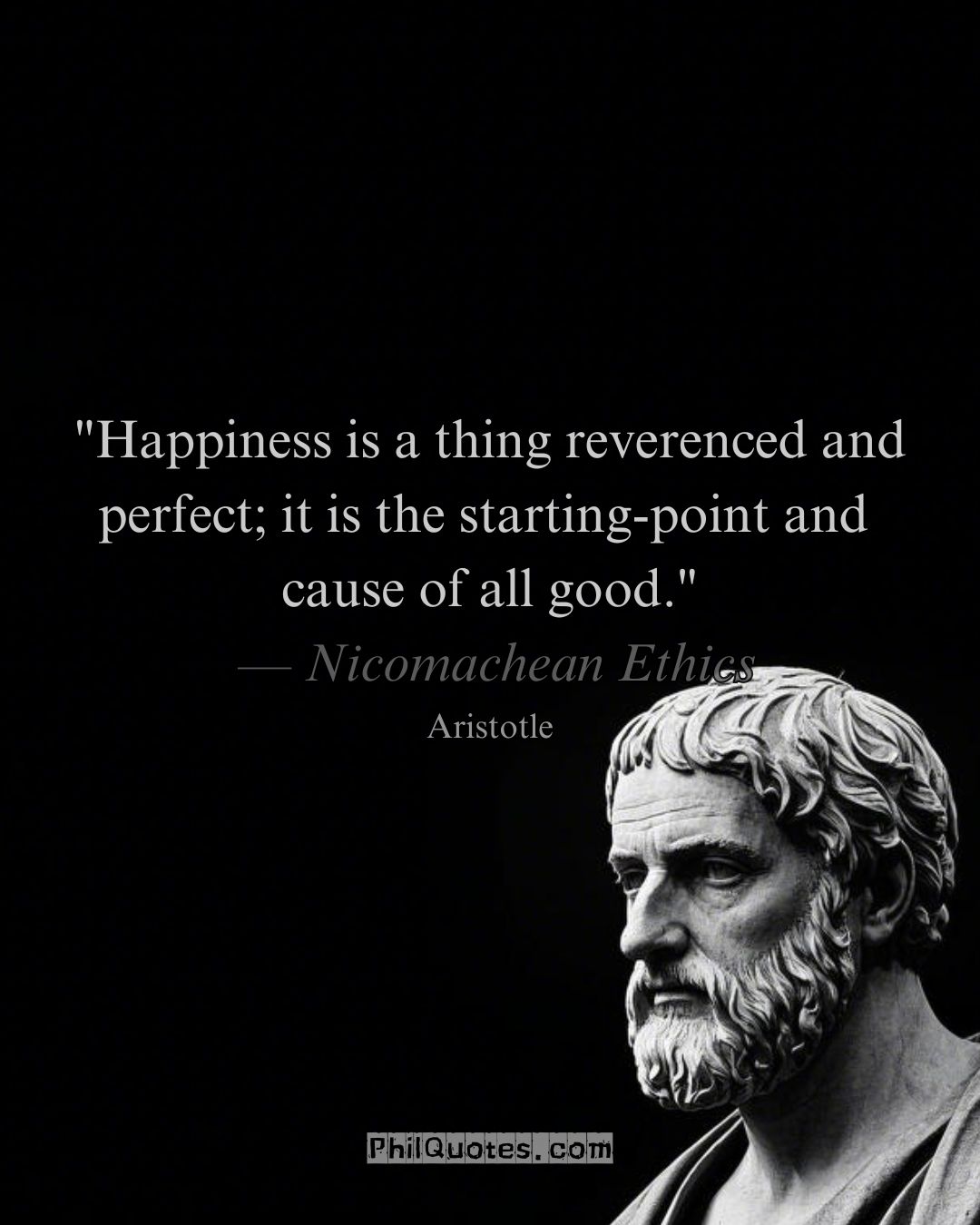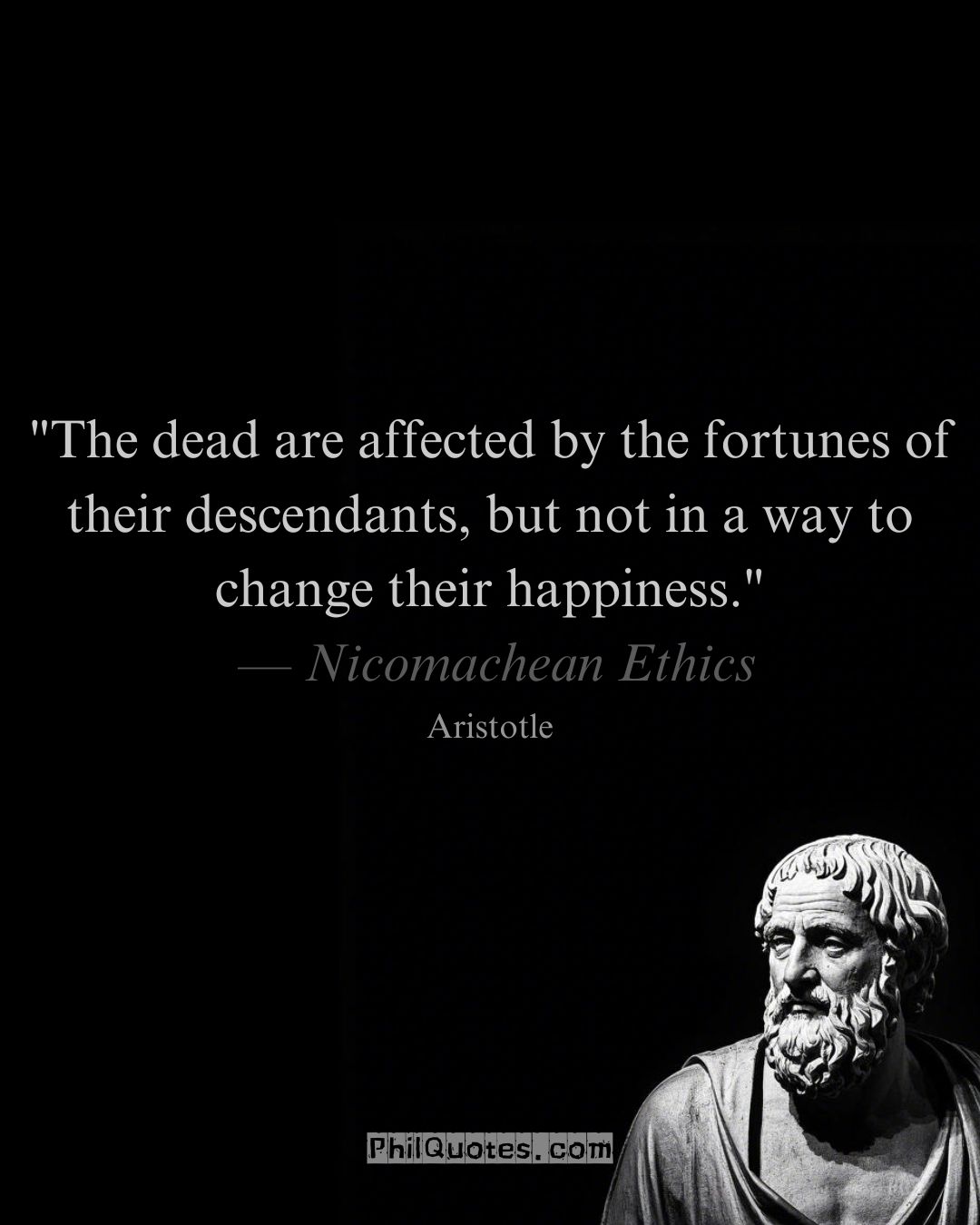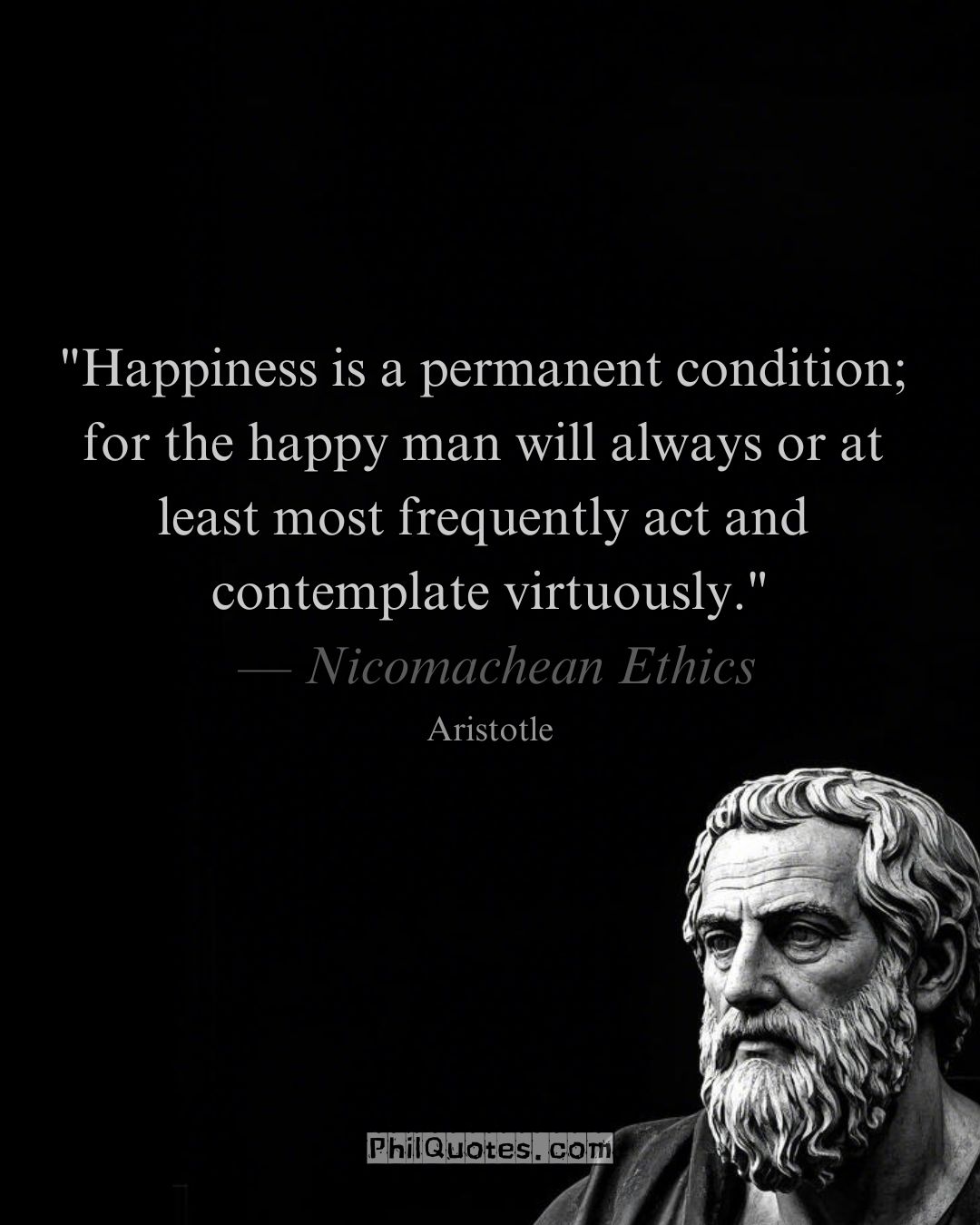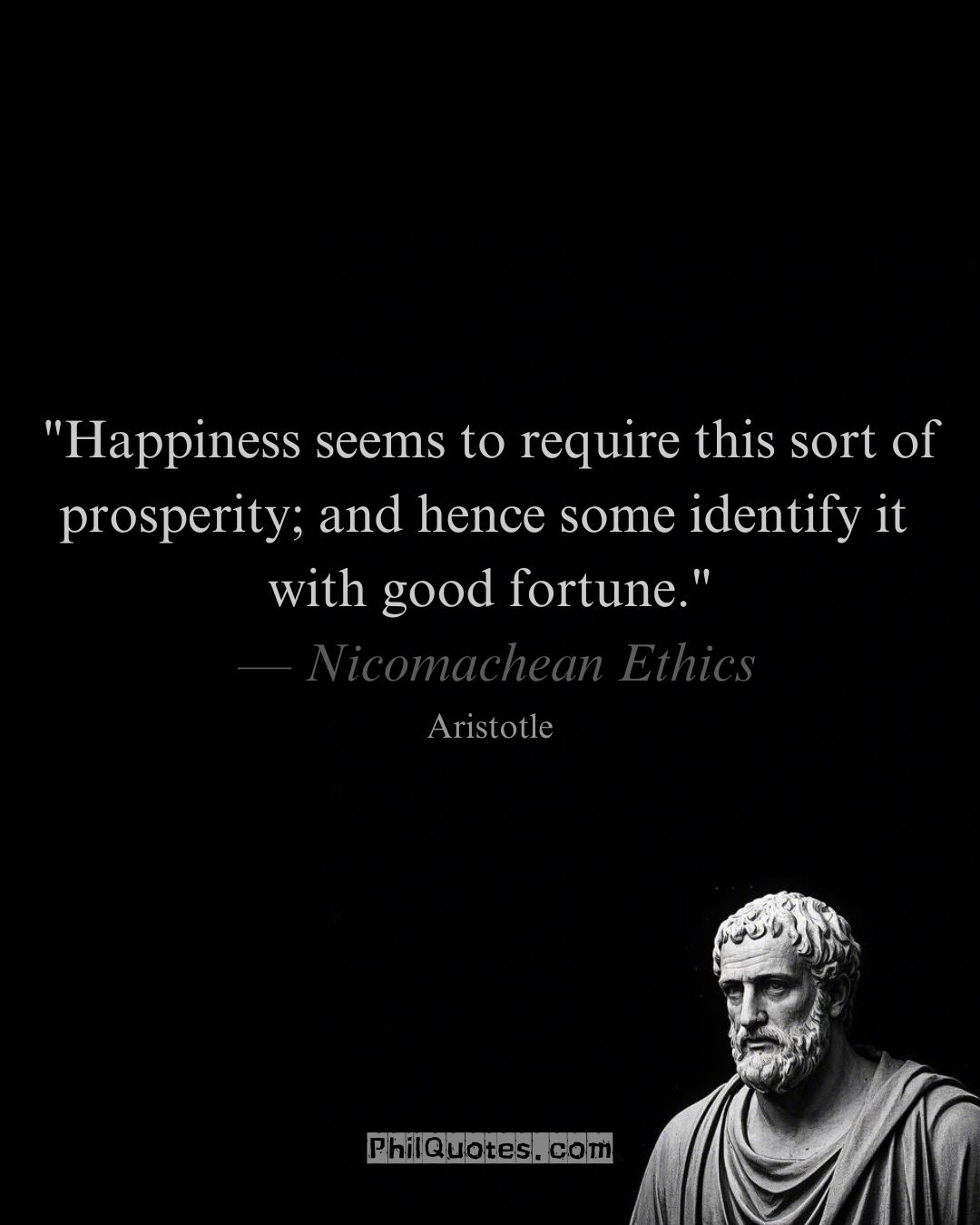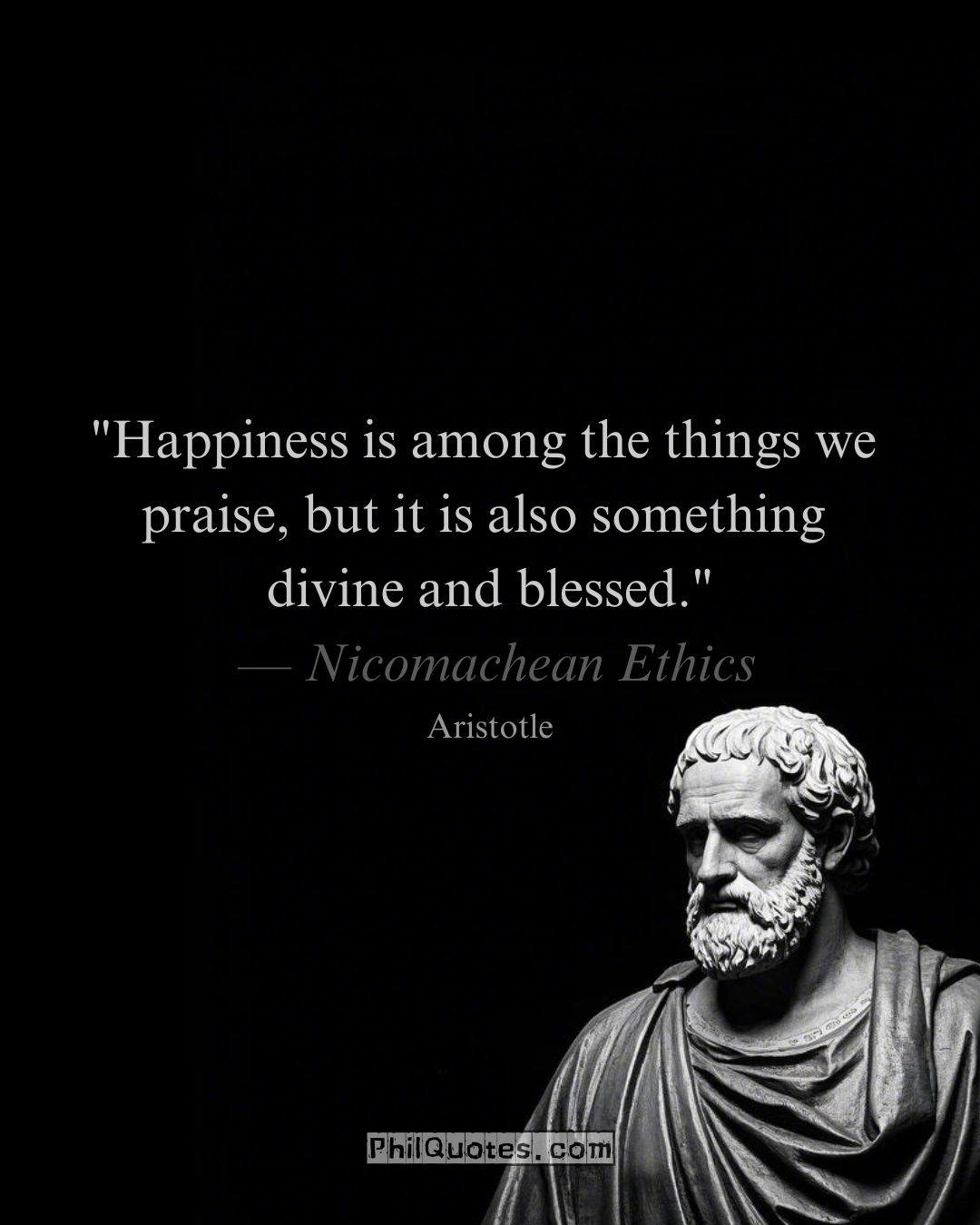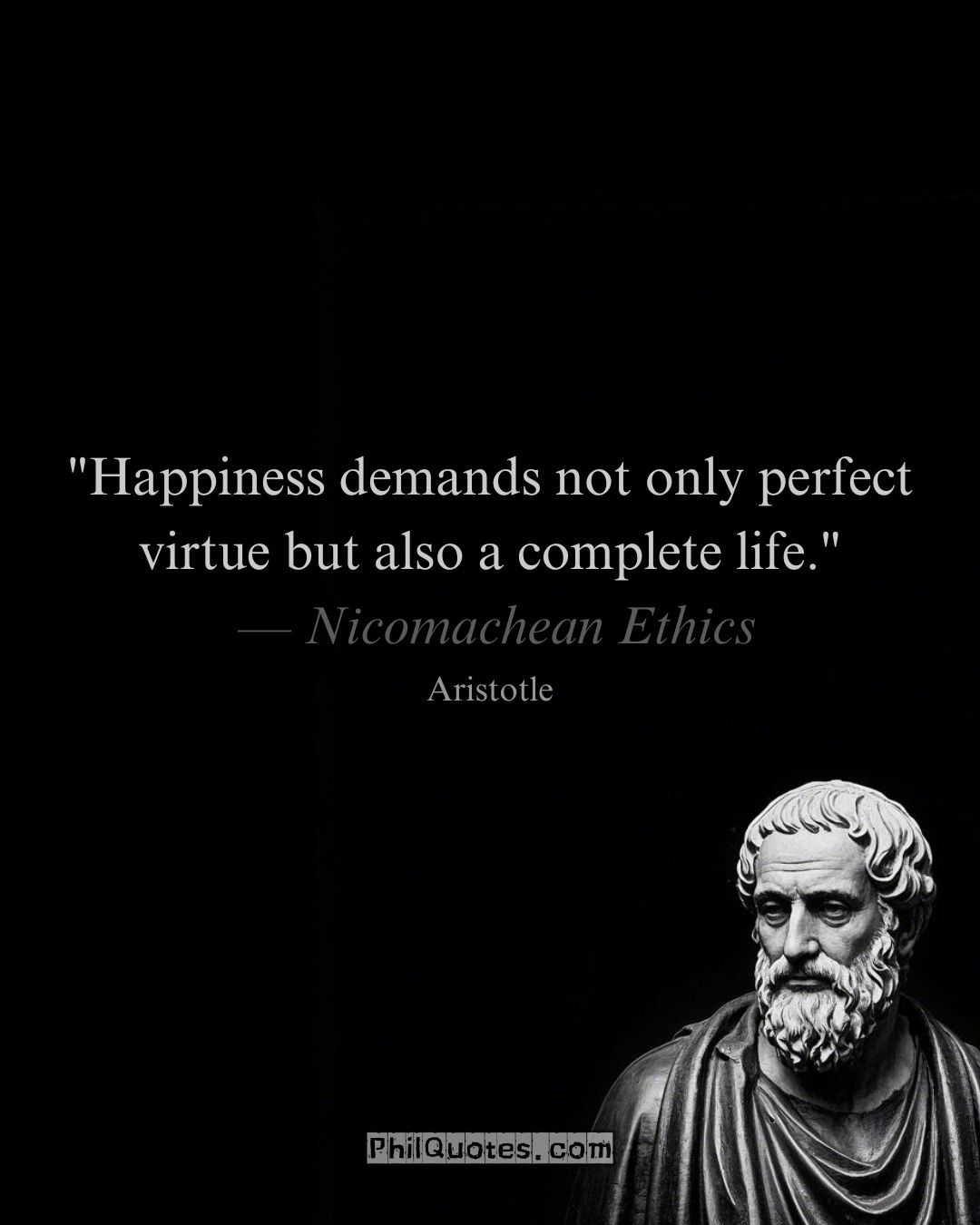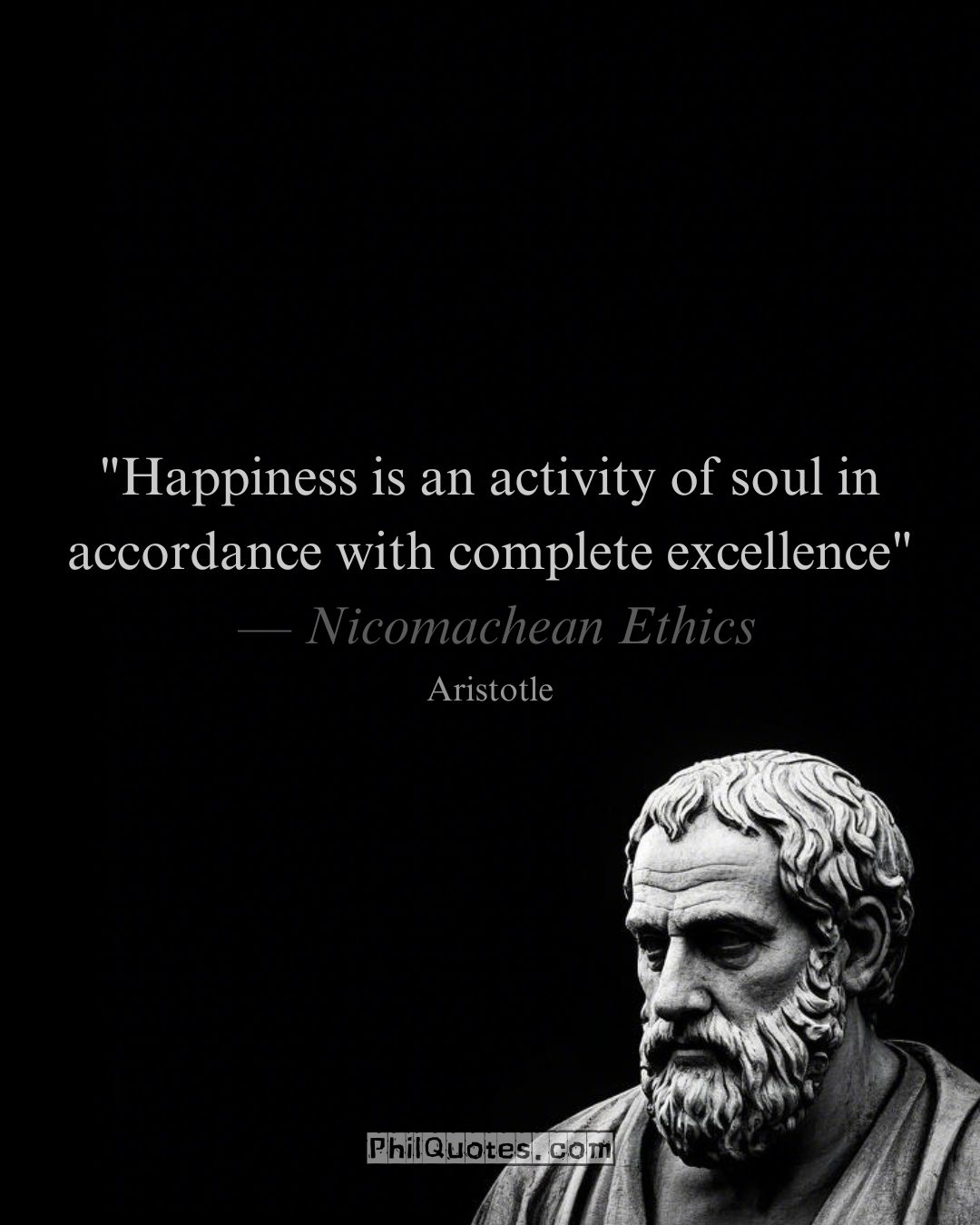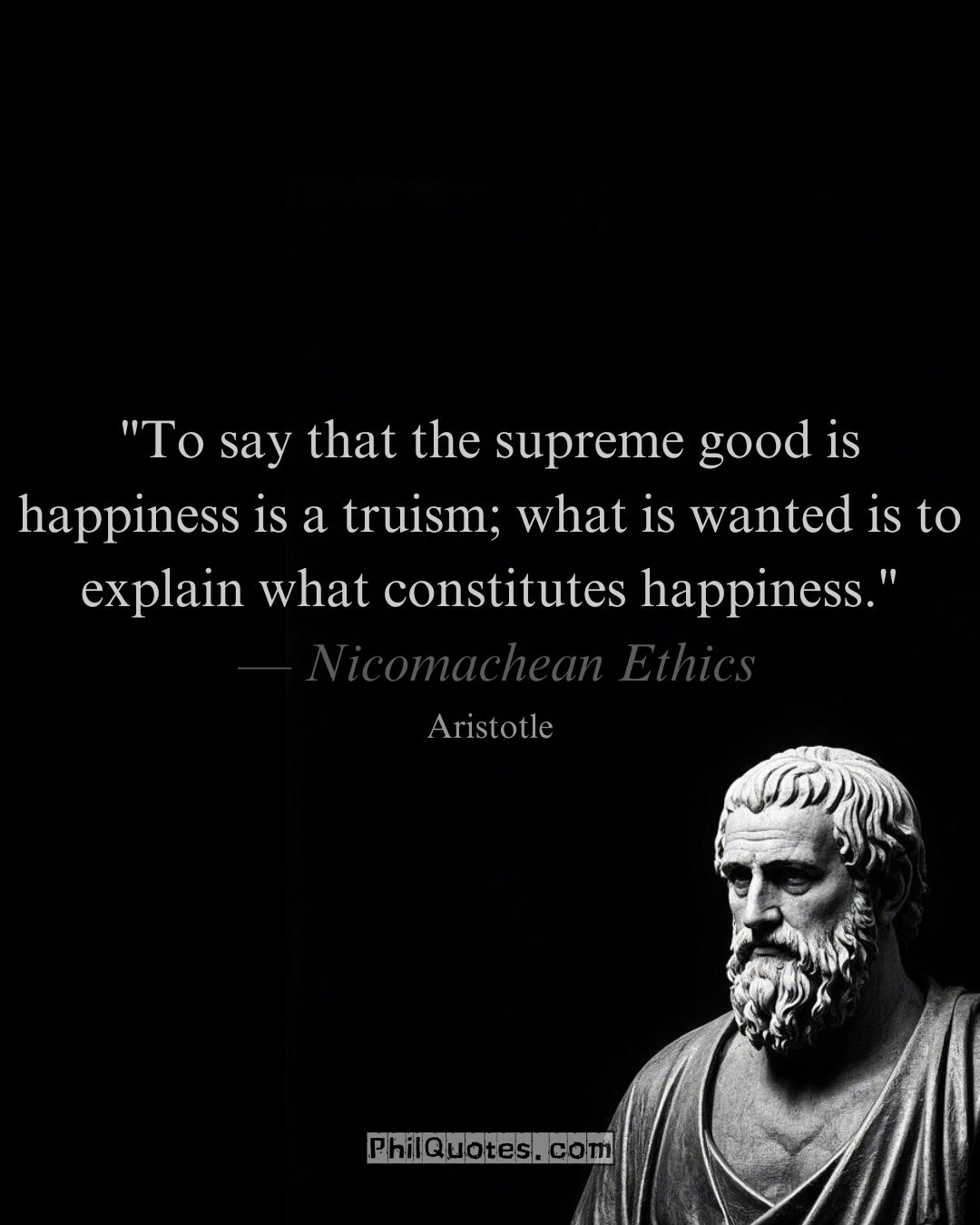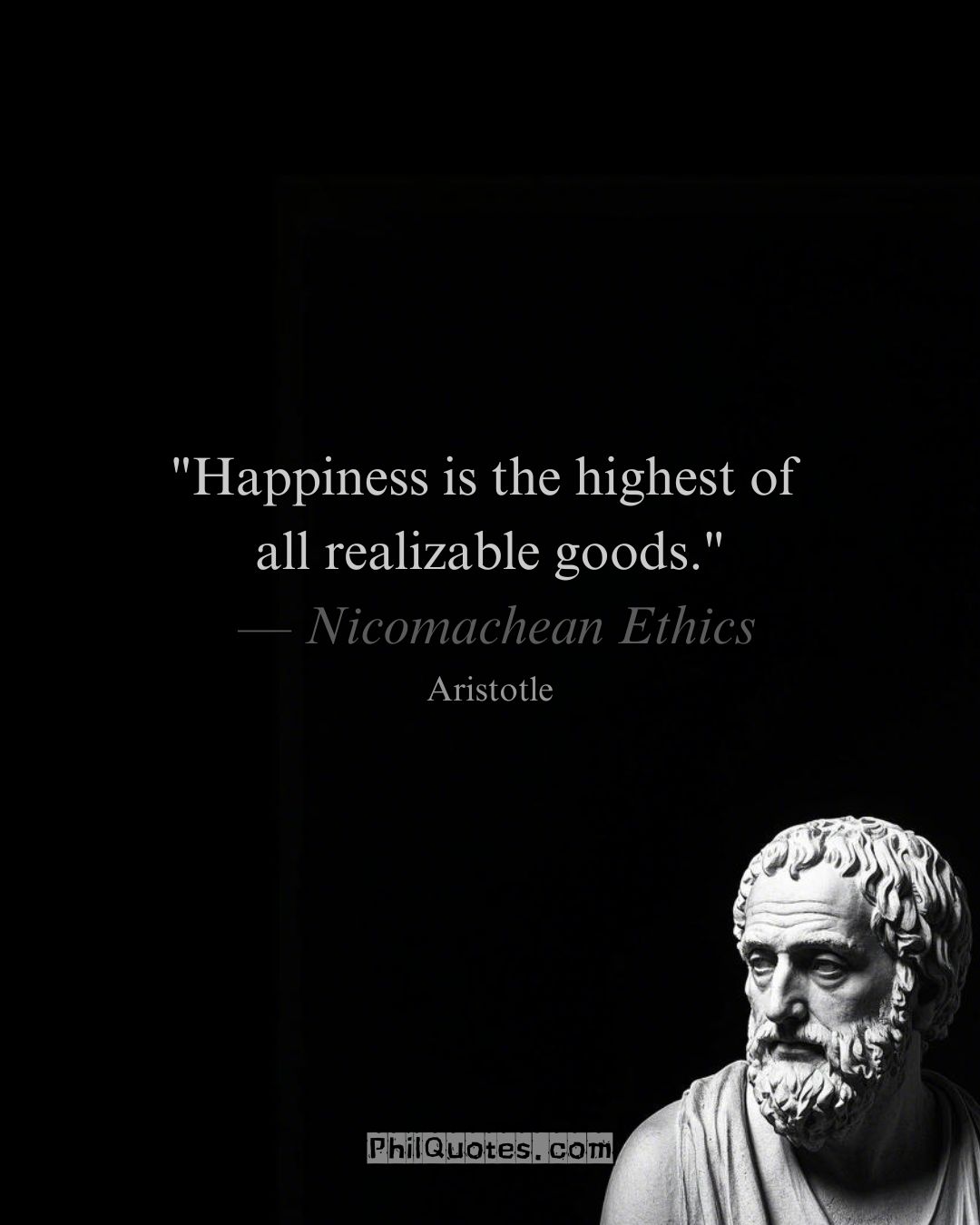Aristotle Nicomachean Ethics Quote: “Happiness is activity in accordance with virtue, and this activity is its own reward.”
“Happiness is activity in accordance with virtue, and this activity is its own reward.”— Aristotle, Nicomachean Ethics, Book I, Chapter 7 Real-World Connection ① Social Entrepreneurship ② Athlete’s Ethical Triumph ③ Creative Integrity The Golden Equation
